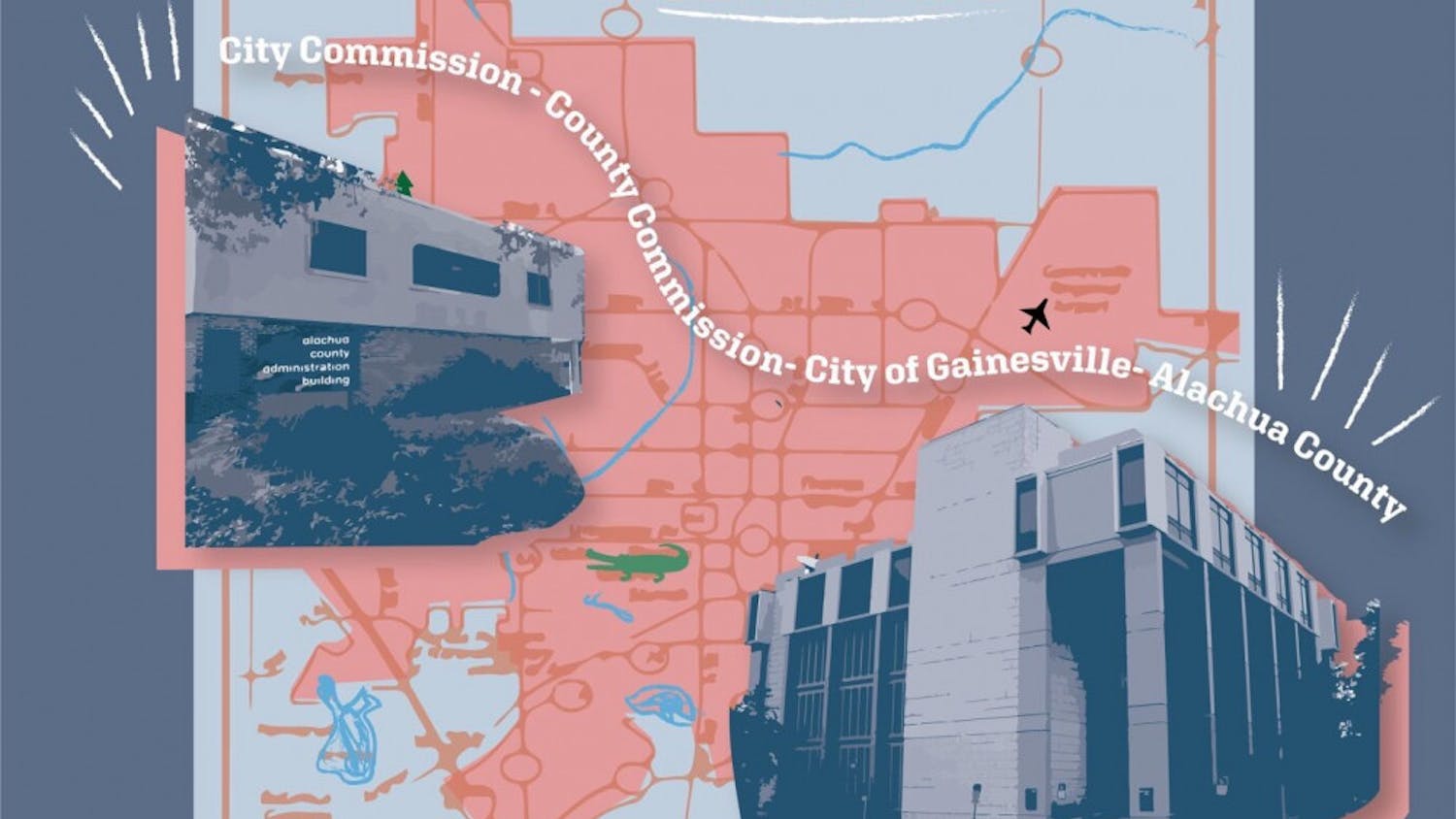Carl Bovard lets visitors play with tiger cub Summer at Single Vision, a wildlife sanctuary in Melrose. But new legislation may prevent the public from interacting with cubs like Summer.
This month, the U.S. Department of Agriculture will vote on an amendment that would restrict people’s interaction with big cats, bears and primates. If the amendment passes, the public would not be allowed within 15 feet of these animals, and caretakers would be prohibited from bottle-feeding or hand-raising unless a veterinarian deemed it medically necessary.
Jeff Kremer, director of donor appreciation at Big Cat Rescue in Tampa, said the legislation is aimed at roadside zoos and “pseudo-sanctuaries” that exploit cubs. Too often, he said, these businesses acquire cubs and make large sums from letting people visit with them. These businesses never plan to keep the adult animal and often send grown tigers to unsuitable environments.
Allowing the public to interact with cubs has subsequently created a breeding market, Kremer said. The new legislation could eliminate loopholes across the country.
“There are patchworks of differing laws and regulations across states,” he said.
Florida already has some of the strictest animal ownership laws in the country, but it also has one of the highest numbers of animal escapes, Kremer said.
Bovard agreed that stricter national measures are needed to regulate breeding exotic animals. But he said he’s opposed to the USDA amendment because it will punish responsible animal caretakers, too.
“When you breed a cat like this, you need to have a plan for its whole life. You can’t breed it and just plan on selling it in six months,” he said.
Although there are about 3,000 tigers in the wild, about 5,000 captive tigers are estimated to be in private hands in the U.S. alone, according to http://worldwildlife.org/. The amendment would affect every legitimate educational facility across the country, Bovard said.
“Without giving the public a chance to see the animals, we lose the ability to educate,” he said.
A version of this story ran on page 8 on 10/9/2013 under the headline "Big cat owners hiss about proposed law preventing interaction"




